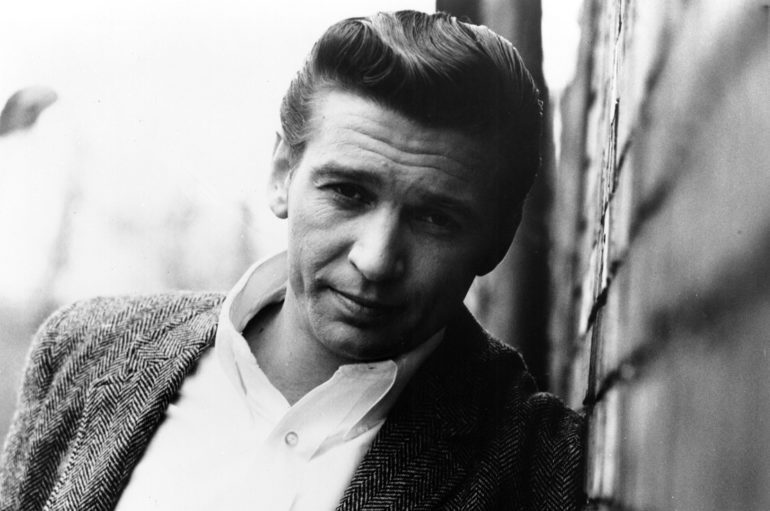
About the Song
Released in 1986 as the title track from his album Will the Wolf Survive?, Waylon Jennings’ rendition of “Will the Wolf Survive?” is a powerful declaration of resilience—both personal and musical. The song, originally written by Los Lobos’ David Hidalgo and Louie Pérez, reaches new emotional depths in Jennings’ hands as he confronts change, survival and the legacy of a life on the edge.
In this track, Jennings speaks with the voice of someone who has seen the highs of fame and the valleys of public doubt, the temptations of the road and the consequences of hard living. His baritone isn’t glib or polished—it carries the gravel of experience. The lyric “Will the wolf survive?” echoes not just the metaphorical fight of a lone creature in the wild, but also Jennings’ own fight—against addiction, against the shifting tastes of the music industry, and against the fading of his creative fire.
Musically, the song blends the outlaw country tradition with a slightly more contemporary production—a result of Jennings’ move to the MCA Records label and producer Jimmy Bowen’s guidance. The instrumentation supports Jennings’ voice without overshadowing it: the guitars, rhythm section and backing vocals all serve the narrative of survival and urgency.
For listeners who have lived enough years to recognize both triumph and setback, “Will the Wolf Survive?” resonates deeply. It isn’t a song of naïve optimism; it’s more than that—it’s a song of acknowledgment. Acknowledgment that life can knock you down, but what matters is whether you rise again. For anyone familiar with Jennings’ journey—from rebel to industry stalwart to introspective veteran—the song stands as both a personal statement and a universal reflection on endurance.
In the context of Jennings’ career, this track marked a significant chapter: his first album on MCA, a moment of recalibration after the height of his outlaw-era peak. It declared that the wolf—he, the artist, the man—would not vanish quietly. Instead, he would howl on. And in doing so, Jennings offered this song as proof.